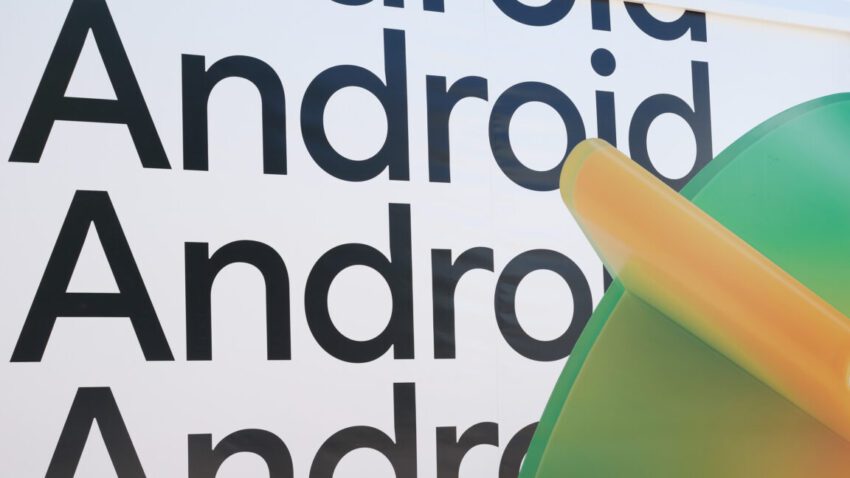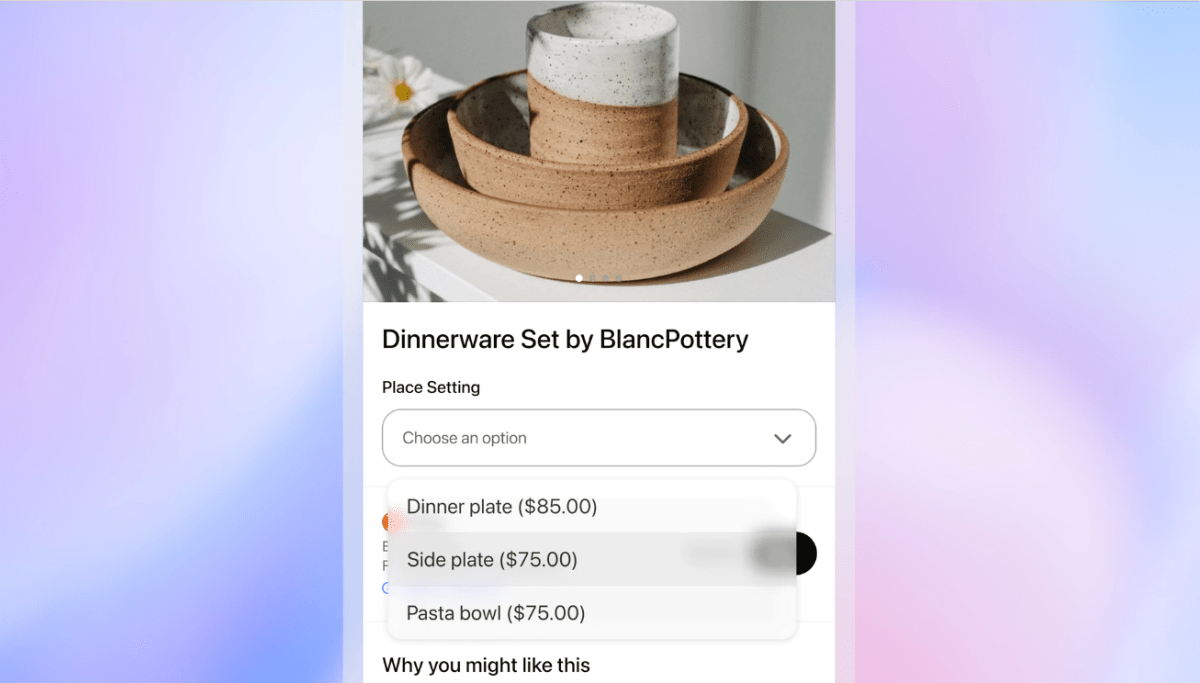
f-droid says google s new sideloading restrictions F-Droid, a prominent free and open-source app repository, has voiced strong concerns regarding Google’s impending restrictions on sideloading, suggesting that these changes could jeopardize the future of alternative app stores.
f-droid says google s new sideloading restrictions
Google’s New Verification Scheme
In a significant shift for Android developers, Google is set to begin testing a new verification scheme aimed at enhancing security on its platform. This initiative, which is expected to roll out in the coming weeks, mandates that all Android app developers register their applications and identities with Google. The implications of this move are profound, particularly for developers who operate outside the Google Play Store.
Details of the Verification Process
While specific details about how the verification process will function remain sparse, the overarching goal is clear: to create a more secure environment for Android users. However, the requirement for developers to register with Google raises critical questions about the autonomy of app developers and the future of alternative app distribution methods.
F-Droid’s Position
F-Droid, which has been a cornerstone of the free and open-source software (FOSS) community for approximately 15 years, has taken a firm stance against these changes. In a recent blog post, the F-Droid team articulated their concerns, stating that Google’s new policy could effectively eliminate alternative app stores like theirs. This assertion underscores the potential monopolistic implications of Google’s control over app distribution on Android devices.
The Importance of Sideloading
For users who prefer to install applications outside of the Google Play Store, sideloading has been a crucial feature of the Android ecosystem. Sideloading allows users to manually install APK files, which is particularly important for those who wish to access applications that may not be available through official channels. F-Droid serves as a vital resource for these users, providing a vast library of free and open-source applications that prioritize user privacy and security.
The Threat to Alternative App Stores
The implications of Google’s new verification scheme extend beyond just F-Droid. By requiring developers to register their apps with Google, the tech giant effectively consolidates its control over the Android ecosystem. This move could deter developers from creating alternative app stores, as the barriers to entry become significantly higher. As a result, users may find themselves with fewer choices and less control over the applications they can install on their devices.
Impact on Developers
Developers who choose to operate outside the Google Play Store may face significant challenges under the new regulations. The requirement to register with Google could lead to increased scrutiny and potential barriers for smaller developers who lack the resources to navigate the registration process. This could stifle innovation and limit the diversity of applications available to users.
Context of Google’s Actions
Google’s push for stricter app verification is framed as a necessary step to enhance security on the Android platform. The company has cited concerns over malware and malicious applications as key motivators for this initiative. However, critics argue that the real motivation may be to solidify Google’s dominance in the app distribution space.
Historical Context
Historically, Google has faced scrutiny over its control of the Android ecosystem. The company has been accused of favoring its own services and applications while sidelining competitors. The introduction of the new verification scheme can be seen as a continuation of this trend, raising concerns about the long-term implications for developers and users alike.
Stakeholder Reactions
The response from the developer community has been mixed. While some developers support the need for enhanced security, many share F-Droid’s concerns about the potential consequences of Google’s actions. The fear is that the new regulations will create an environment where only apps that conform to Google’s standards can thrive, limiting user choice and stifling innovation.
F-Droid’s Call to Action
In light of these developments, F-Droid has called on regulators to intervene and prevent Google’s crackdown on sideloading. The organization argues that the ability to sideload applications is a fundamental aspect of user freedom and choice in the Android ecosystem. By advocating for regulatory oversight, F-Droid aims to protect the interests of both developers and users who rely on alternative app stores.
Implications for Users
The changes proposed by Google could have far-reaching implications for Android users. As the landscape of app distribution evolves, users may find themselves with fewer options for obtaining applications. This could lead to a more homogenized app ecosystem, where only those applications that meet Google’s stringent criteria are available for installation.
Privacy and Security Concerns
For many users, the appeal of alternative app stores like F-Droid lies in their commitment to privacy and security. F-Droid’s applications are typically free from the data collection practices that are prevalent in many mainstream apps. As Google tightens its grip on app distribution, users may be forced to compromise on their privacy in exchange for access to applications.
Looking Ahead
As Google prepares to implement its new verification scheme, the future of alternative app stores hangs in the balance. The outcome of this initiative will likely shape the Android ecosystem for years to come. Developers, users, and regulators will need to closely monitor the situation to ensure that the principles of open-source software and user choice are preserved.
The Role of Regulators
Regulatory bodies will play a crucial role in determining the future of app distribution on Android. As F-Droid has urged, it is essential for regulators to consider the implications of Google’s actions on competition and consumer choice. By intervening, regulators can help maintain a diverse app ecosystem that fosters innovation and protects user rights.
Conclusion
The impending changes to Android’s app verification process represent a pivotal moment for the platform and its users. F-Droid’s concerns highlight the potential risks associated with Google’s increasing control over app distribution. As the situation unfolds, it will be essential for stakeholders to advocate for a balanced approach that prioritizes security while preserving the freedoms that have defined the Android ecosystem.
Source: Original report
Was this helpful?
Last Modified: September 30, 2025 at 12:36 am
1 views














